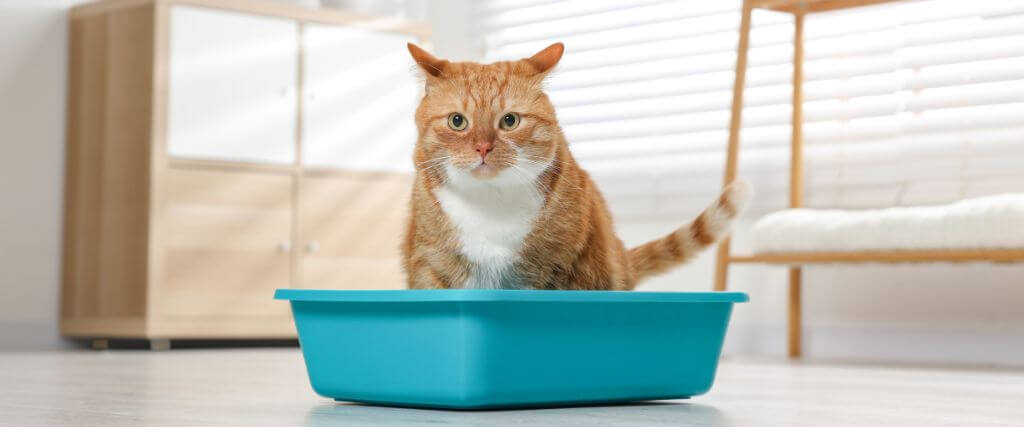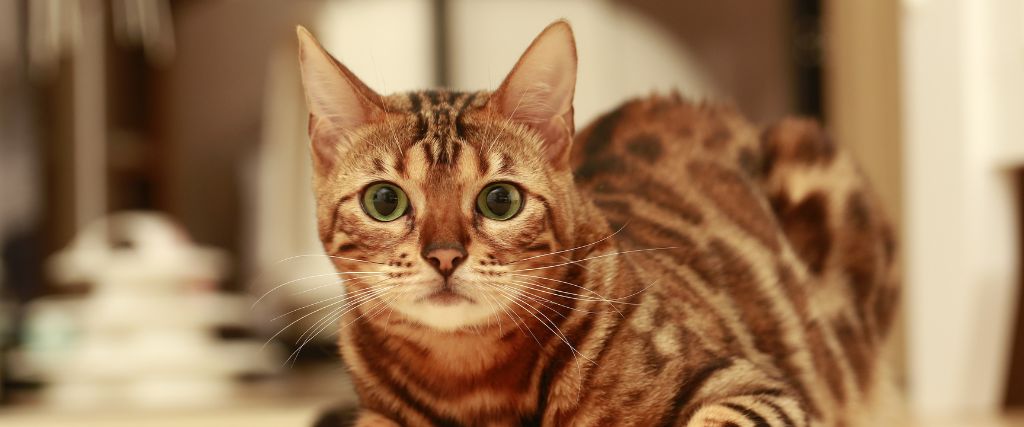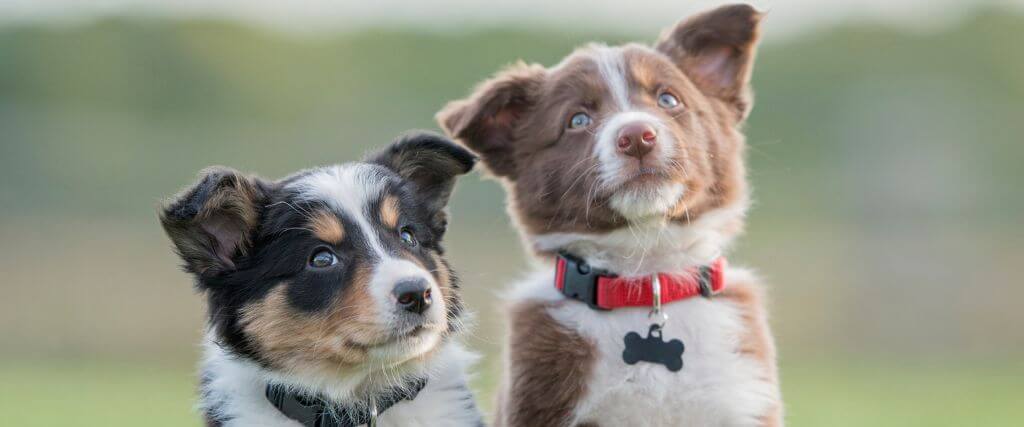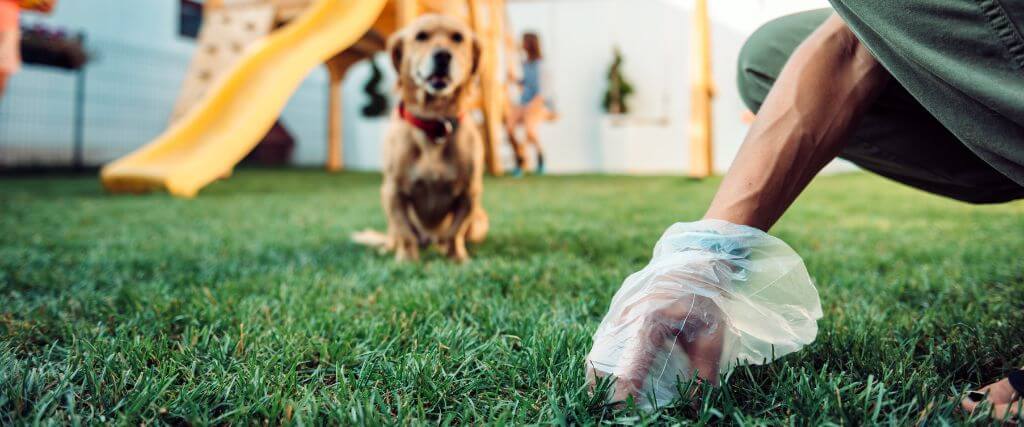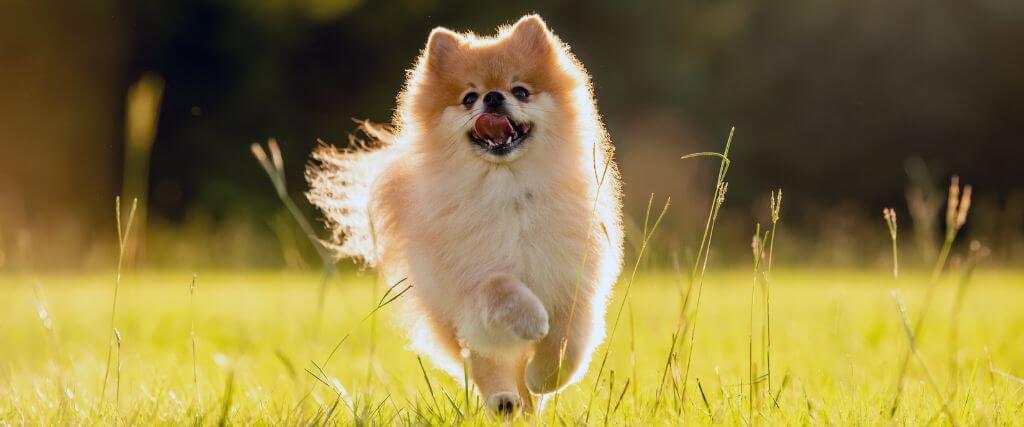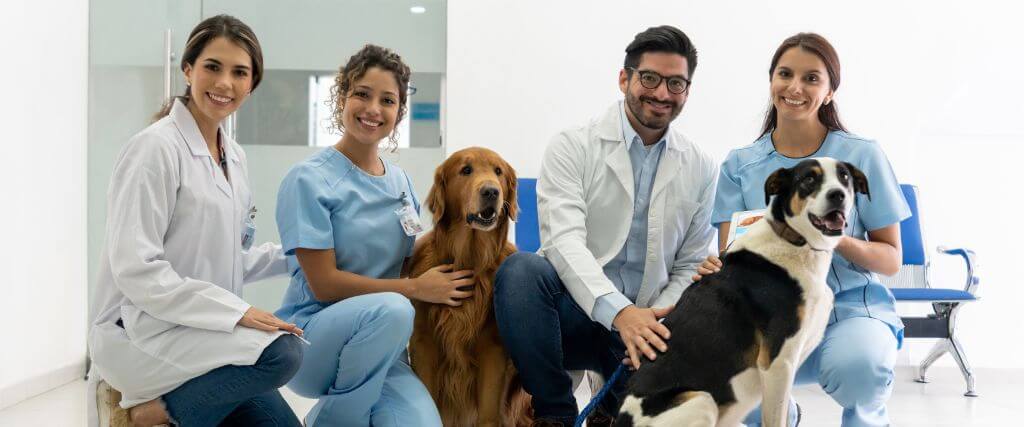Pet Care Information
How Chiropractic Care Supports Whole-Body Health in Dogs
When people think of chiropractic care for dogs, it’s natural to assume it’s just about easing an older dog’s back pain and helping with mobility issues. The fact is, Chiropractic goes way beyond pain relief and mobility issues.


